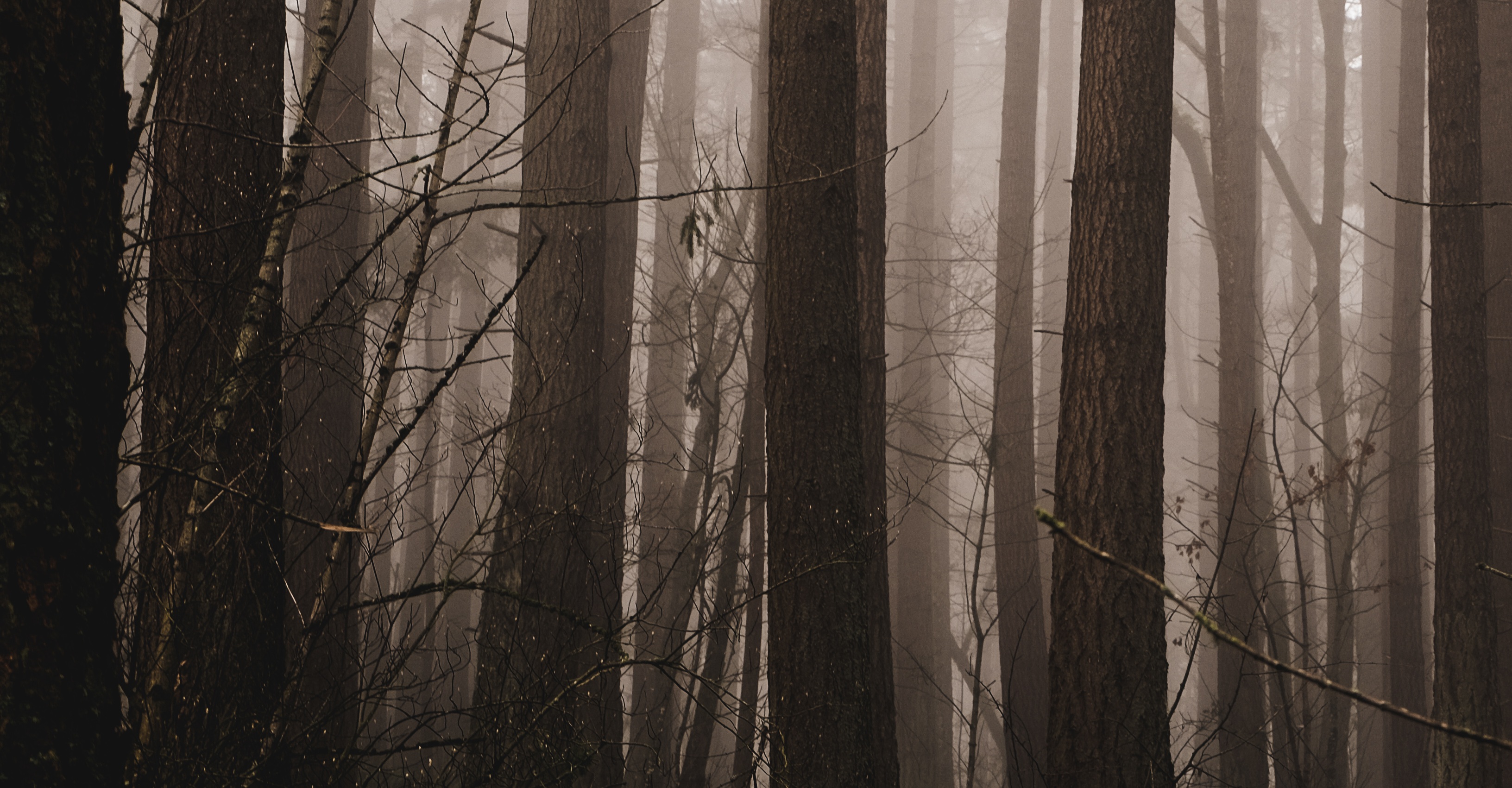How to Clean Bones
 Disclaimer
Disclaimer
We have been cleaning bones for a while now and these methods work for us, but may not work for everyone. Please keep in mind that the climate where you live can make a huge difference on how pieces turn out and you may need to tweak some things.
Every state and country has different laws for scavenging, selling and shipping animal remains. If you have bones that are not legal to own, you trespass on private properties, take remains from protected lands, or don't have the right license to pick up roadkill, you can get into some trouble, so make sure to do your research!
Always handle your dead animals with proper protective equipment. Dead animals come with lots of diseases, plus they will make your hands smell bad for days.
Decay and Maceration
When I pick up a freshly dead animal or one with lots of dead tissue still intact, I like to bury it in moist dirt for several months until most of the tissue is decomposed. In my experience, the dirt really helps keep the smell of death at bay which is helpful if you have neighbors! Also, keep in mind that this process can take shorter or longer depending on the time of year and how hot it is outside.
This method also work for mummified animals, just make the dirt wetter to restore the moisture into the dried tissue so that organisms can continue the decaying process.
To keep other animals from getting to the remains I keep the bones in large tupperwares full of dirt. If the animal is small, put it in a mesh laundry bag to keep the bones from getting lost.
After the bones are mostly clean, you can macerate them, which is just putting them into plain ol' water until all of the tough tissue and cartilage is gone. Once your bones are tissue free it is time to move onto de-greasing.
De-greasing Bones
After decomp and maceration, most bones will have retained fat and grease that will eventually surface and make the bone look wet and discolored. It also makes the bones smell bad and can eventually destroy them so it is a necessary process.
The amount of grease present really depends on the animal. Depending on the time of year some are done de-greasing in a couple of weeks, while some can take half a year. One way to speed up the process is to get a fish tank heater. It can heat the water up enough to draw the grease out without damaging delicate bone structures. NEVER BOIL YOUR BONES! This will turn your bones grey and brittle.
Put your bones in container and squirt lots of dish soap (Dawn works best) onto them. Be liberal with it! Then cover the bone completely with water. Check the water every few days for the first couple weeks and change out the water when it gets cloudy. You'll probably see grease deposits floating on the top of the water too. You will know when it is done when the water stays clear.
When they are done degreasing, it is time to whiten!
Whitening Bones
Alright, now that you have clean bones, you can either choose to leave them their natural color or you can get them white. Personally I like both, I also dye my bones different colors by soaking them in coffee grounds, tea leaves, food scraps etc. But if you want them white, give them a good soak in diluted Hydrogen Peroxide.
Note: NEVER USE BLEACH!!! Bleach is way too harsh on bones and will destroy them. They will come out looking fine and then eventually, weeks or years down the road, they will start to yellow, get brittle and eventually turn to dust.
Take your bones out of the de greasing bath and give them a good rinse. Then put them into a container and pour a 5-1 ratio of water to peroxide. (5 parts water to 1 part peroxide). Leave them for a few days to a few weeks, depending on how much whitening they need. Once you are satisfied with the color, take them out and let them dry in the sun. I noticed sunlight helps make them just a bit whiter! Be careful not to leave them in the sun for too long though, it can also be very damaging to the bones.
